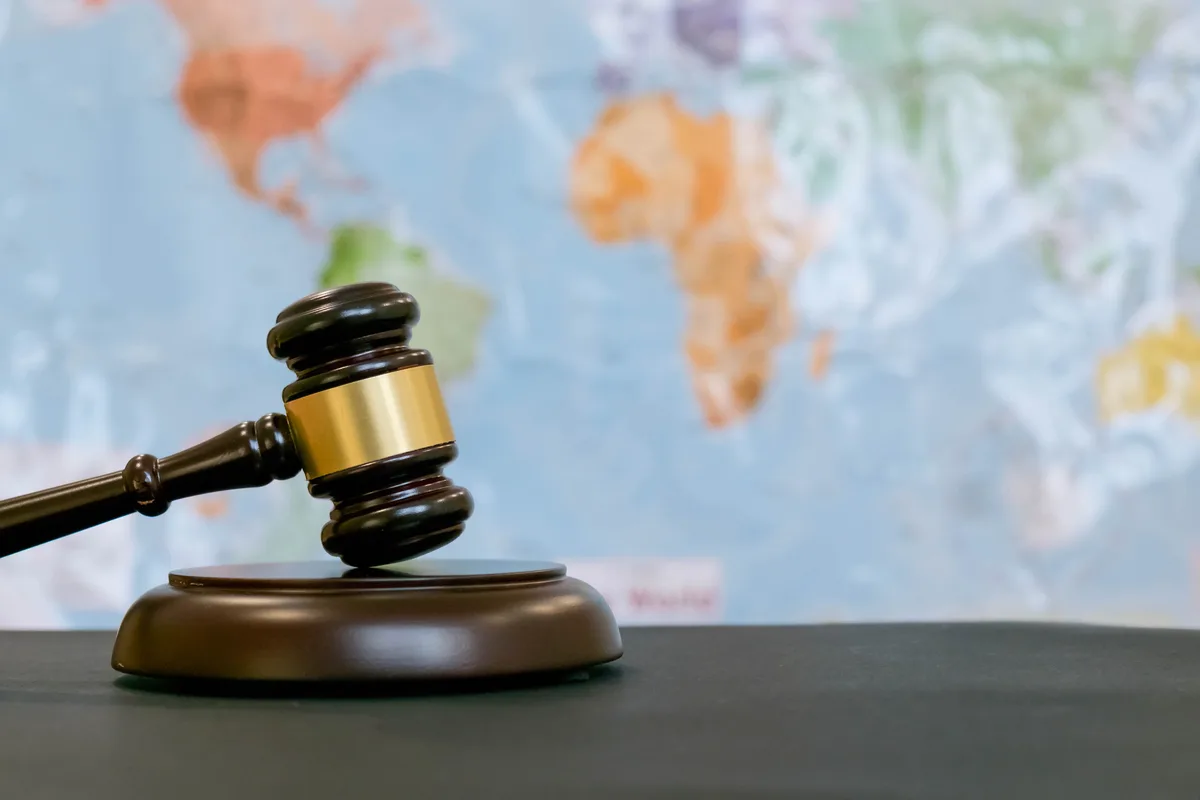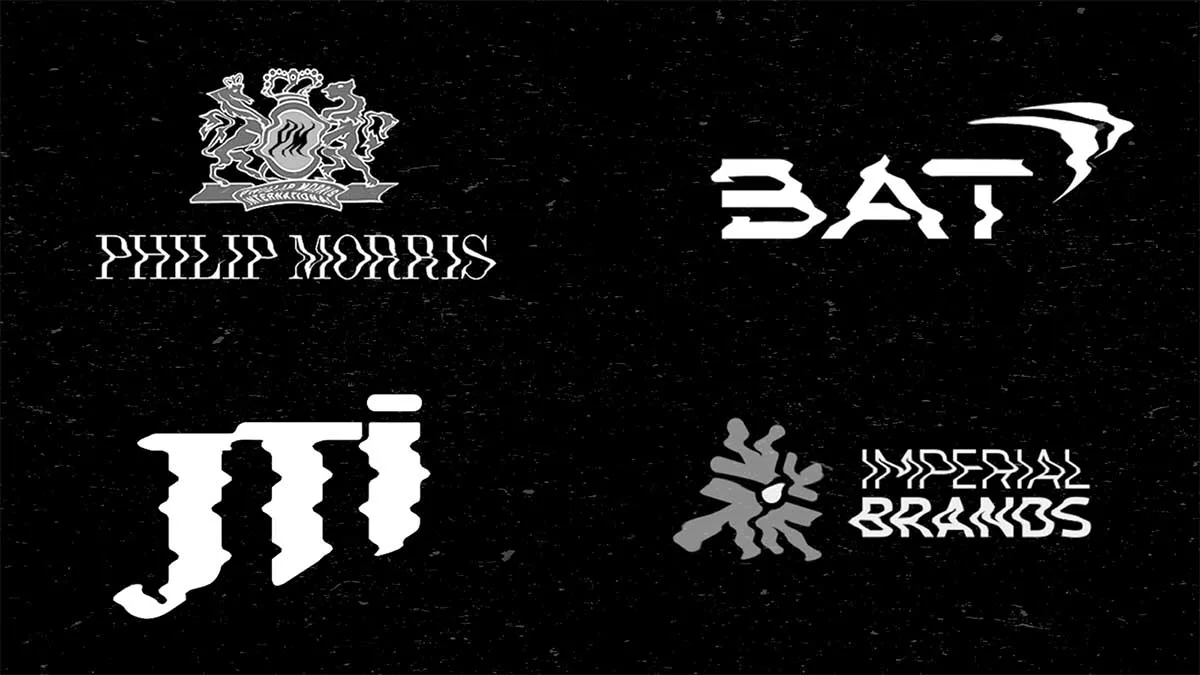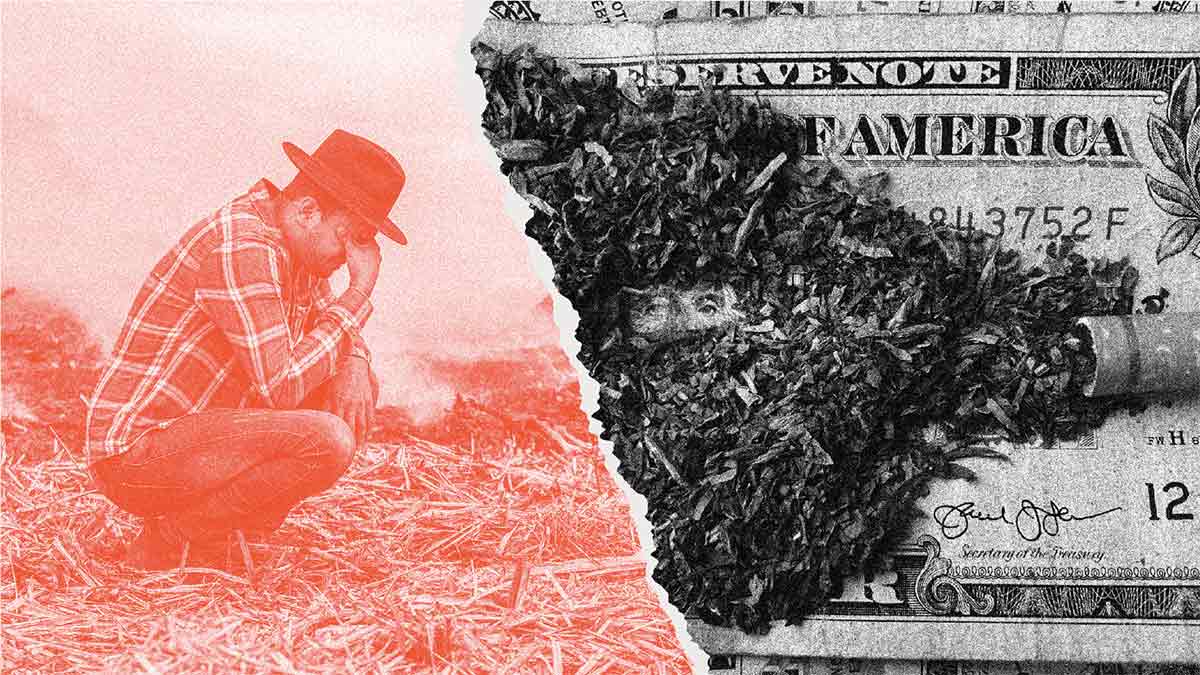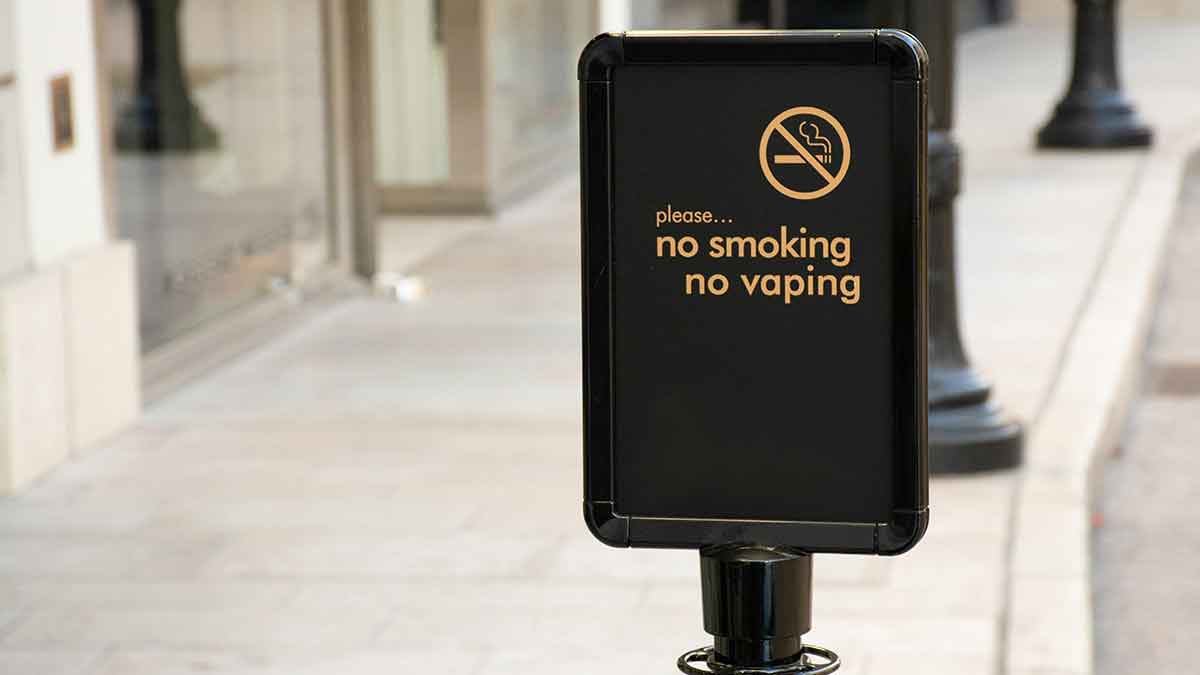- Resources
- News
-
-
Get Email Updates
Sign up for STOP's emails and never miss an update on our latest work and the tobacco industry's activity.
-
Get Funding
Ready to tackle industry interference? You could be eligible for a grant.
-
Share a Tip
Do you have information on tobacco industry misconduct in your country? Let us know.
-
Get Email Updates

The WHO FCTC, or the World Health Organization Framework Convention on Tobacco Control, is one of the most important anti-smoking measures you may have never heard of. Unless you work in the tobacco control sector, chances are you might not be familiar with this international treaty aimed at curbing tobacco use worldwide.
Learn about the treaty, how it came to be and how (and why) the tobacco industry is trying to fight it.
Ending a global epidemic calls for a global approach
The foreword of the FCTC states that the treaty was developed in response to the “globalization of the tobacco epidemic.” Besides large transnational tobacco companies (like the Big 4) selling tobacco products worldwide, other ways the tobacco epidemic became globalized include global marketing, trade liberalization and the international tobacco black market.
On February 27, 2005, the FCTC—the first-ever public health treaty—came into force with 168 signatories. Negotiated under the auspices of the WHO, countries that signed the treaty committed to implementing tobacco control measures to protect public health and the environment while staying alert to the tobacco industry’s attempts to disrupt tobacco control measures.
The final treaty laid out what governments should do to:
- reduce the supply of and demand for tobacco,
- protect people from tobacco exposure,
- regulate the contents of tobacco products,
- reduce illicit trade,
- protect the environment,
- provide economically viable alternatives for tobacco growers and workers,
- hold the tobacco industry criminally or civilly liable,
- and stay informed of the industry’s activities.
The treaty is substantial, comprising 38 articles, and hinges on international cooperation and a multi-faceted approach to make a real difference.
Today, there are 182 Parties to the treaty. Its implementation has been called for in the UN Sustainable Development Goals, and its value has even been recognized in contributing to countries’ COVID-19 responses.
The treaty takes on tobacco industry interference
One of the most powerful articles of the treaty is Article 5.3, which aims to protect public health policies from tobacco industry influence. When the industry meddles in policymaking, policies meant to protect health can end up protecting the industry’s commercial interests, instead. The ways in which the industry attempts to meddle in policy are numerous, and governments have varying success rates at fending off this interference.
To help governments implement Article 5.3, WHO released its comprehensive Guidelines for Implementation of Article 5.3 in 2008. More support for this important article followed. In 2015, SEATCA (Southeast Asia Tobacco Control Alliance) and Health Justice Philippines created the helpful Article 5.3 toolkit to further aid in the article’s adoption. And in 2018, the Global Center for Good Governance in Tobacco Control (GGTC), a partner in STOP, created a useful handbook for Article 5.3 implementation.
How the tobacco industry tries to undermine the FCTC
The industry’s attempts to undermine the global tobacco control tool, which threatened to curb the industry’s influence and hurt its profits, started early. In 1997, Philip Morris International (PMI) commissioned a consultancy group to write white papers exploring the international framework process. The consultants ultimately advised PMI to “insert itself into the policy-making process” by “mimicking NGO behaviour.” In the early 2000s, PMI argued for the tobacco industry’s involvement in the fight against illicit trade, contrary to what had been set forth in the FCTC. Tobacco companies also attempted to weaken the FCTC by developing relationships with “tobacco-friendly governments.”
The industry’s efforts continue today. A Reuters exposé from 2017 put forth detailed allegations that PMI attempted to infiltrate an FCTC meeting of the governing body, the Conference of the Parties (COP), despite knowing it was officially barred from participating.
The COP appears to have been targeted again in 2018—this time digitally—after analysis suggested industry-linked Twitter accounts were attempting to influence conversations around the COP and, specifically, novel products. Evidence indicates the industry has its sights set on the next COP meeting in 2021, as well, where all attendees must sign a Declaration of Interests form. Leaked PMI documents, as Reuters pointed out, reveal the truth: that PMI “has focused its vast global resources on bringing to heel the world’s tobacco control treaty.”
Look out for violations of the FCTC
The industry’s attempts to partner with governments, to build favor or influence policymaking, continue. But the FCTC provides grounds on which to limit or refuse this interaction. In May of this year, for example, PMI’s CEO canceled his appearance and Philip Morris Japan withdrew its sponsorship of the “Future of Asia” conference after advocates raised awareness that the tobacco company’s presence could put other attendees, including various government officials, in potential violation of the FCTC.
If you see the tobacco industry interfering in tobacco control policies in your country, let STOP know. The FCTC is an invaluable tool the tobacco control community can use to hold the industry accountable and ultimately save lives.


